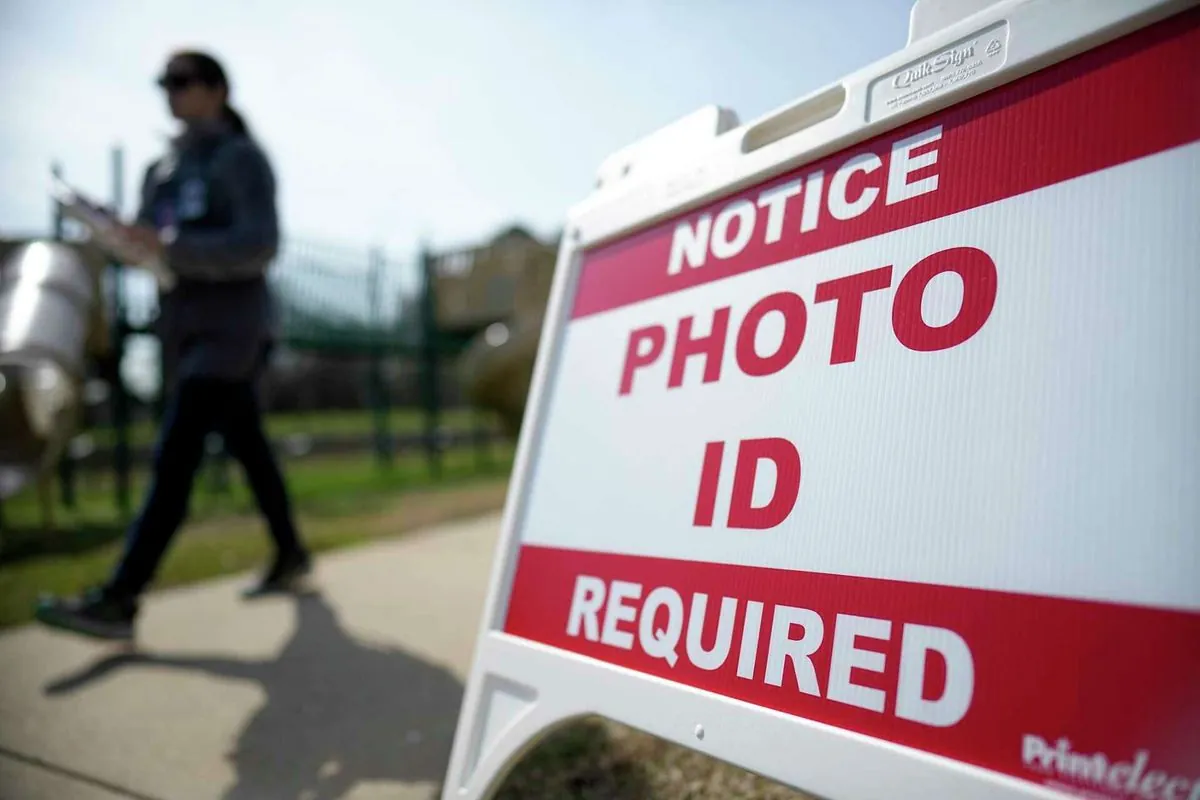North Carolina Judge Upholds Digital Student IDs for Voting
A North Carolina judge rejected Republican efforts to block digital university IDs for voting, ensuring college students can use new UNC identification in the upcoming presidential election.

A North Carolina judge has ruled against Republican attempts to prohibit the use of digital university identification cards for voting purposes. This decision, made on September 19, 2023, ensures that college students, particularly those from the University of North Carolina (UNC) system, can utilize their digital IDs in the upcoming presidential election scheduled for November 5, 2024.
The ruling by Judge Keith Gregory comes in response to a lawsuit filed by the Republican National Committee on September 12, 2023. The RNC argued that the digital IDs, known as Mobile One cards, did not meet state voter ID requirements and were vulnerable to fraud. However, Judge Gregory dismissed these claims, stating that the plaintiffs failed to provide credible evidence linking the approval of Mobile One cards to an increased risk of illegal voting.
This decision is particularly significant given North Carolina's status as a key battleground state in U.S. presidential elections. With 15 electoral votes at stake, the state has been considered a "swing state" in recent elections, making every vote crucial. The ruling ensures that a substantial bloc of young voters, who traditionally lean towards the Democratic party, will have access to a convenient form of identification for casting their ballots.

The case highlights the ongoing debate surrounding voter ID laws in the United States, which have been a contentious issue since the early 2000s. While proponents argue that such laws prevent voter fraud, critics contend that they can disenfranchise certain groups, particularly young and minority voters.
The University of North Carolina system, one of the oldest public university systems in the country, has been at the forefront of implementing digital identification technology. This move aligns with the growing trend of digital IDs worldwide and reflects efforts to modernize and streamline administrative processes in higher education.
It's worth noting that voter turnout among young adults aged 18-29 has historically been lower than other age groups, although it has been increasing in recent elections. The accessibility of digital IDs could potentially encourage higher participation among college students, who might otherwise face barriers to obtaining traditional forms of identification.
The judge's decision underscores the importance of balancing election security with voter accessibility. While the Republican National Committee expressed concerns about potential fraud, Judge Gregory's ruling emphasized the lack of credible evidence supporting these claims. This outcome aligns with the fundamental principle of "one person, one vote" in U.S. election law and supports efforts to increase voter participation among younger demographics.
As the 2024 presidential election approaches, this ruling may have significant implications for voter turnout in North Carolina. With the state's historically high voter participation rate of 75.3% in 2020, exceeding the national average, the inclusion of digital student IDs could further boost engagement among college-age voters.
"Plaintiffs have not advanced any credible link between the State Board's approval of Mobile One Cards and a heightened risk of ineligible voters casting illegal votes."
This decision reflects the ongoing evolution of voting technology and identification methods in the United States. As digital solutions become more prevalent, election officials and lawmakers must continue to adapt to ensure both the integrity of the voting process and the accessibility of the ballot to all eligible voters.


































